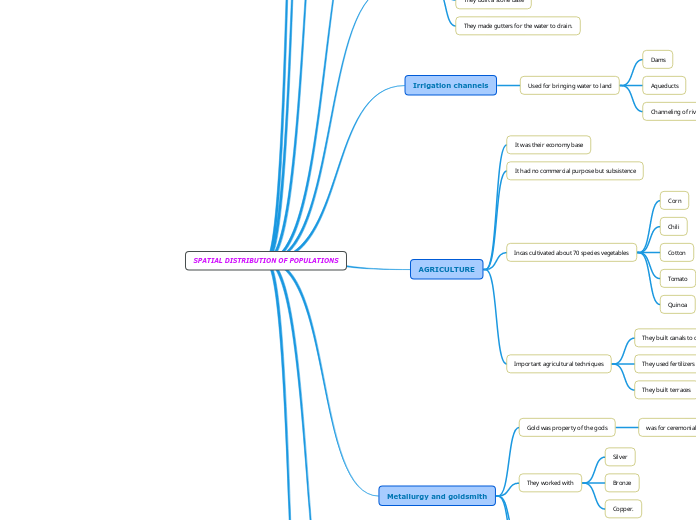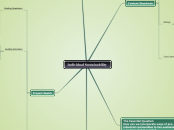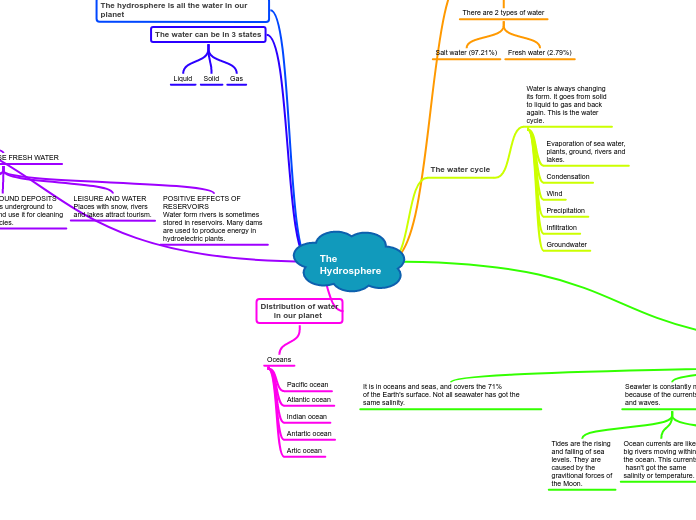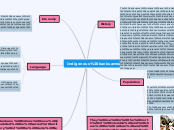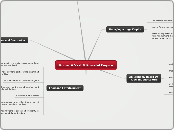作者:Anahi Moreta 3 年以前
138
SPATIAL DISTRIBUTION OF POPULATIONS
The Inca Empire was a highly organized society with complex territorial and social structures. Its economy was primarily agrarian, with sophisticated agricultural techniques such as terrace farming, canal construction, and the use of fertilizers to support subsistence farming.
